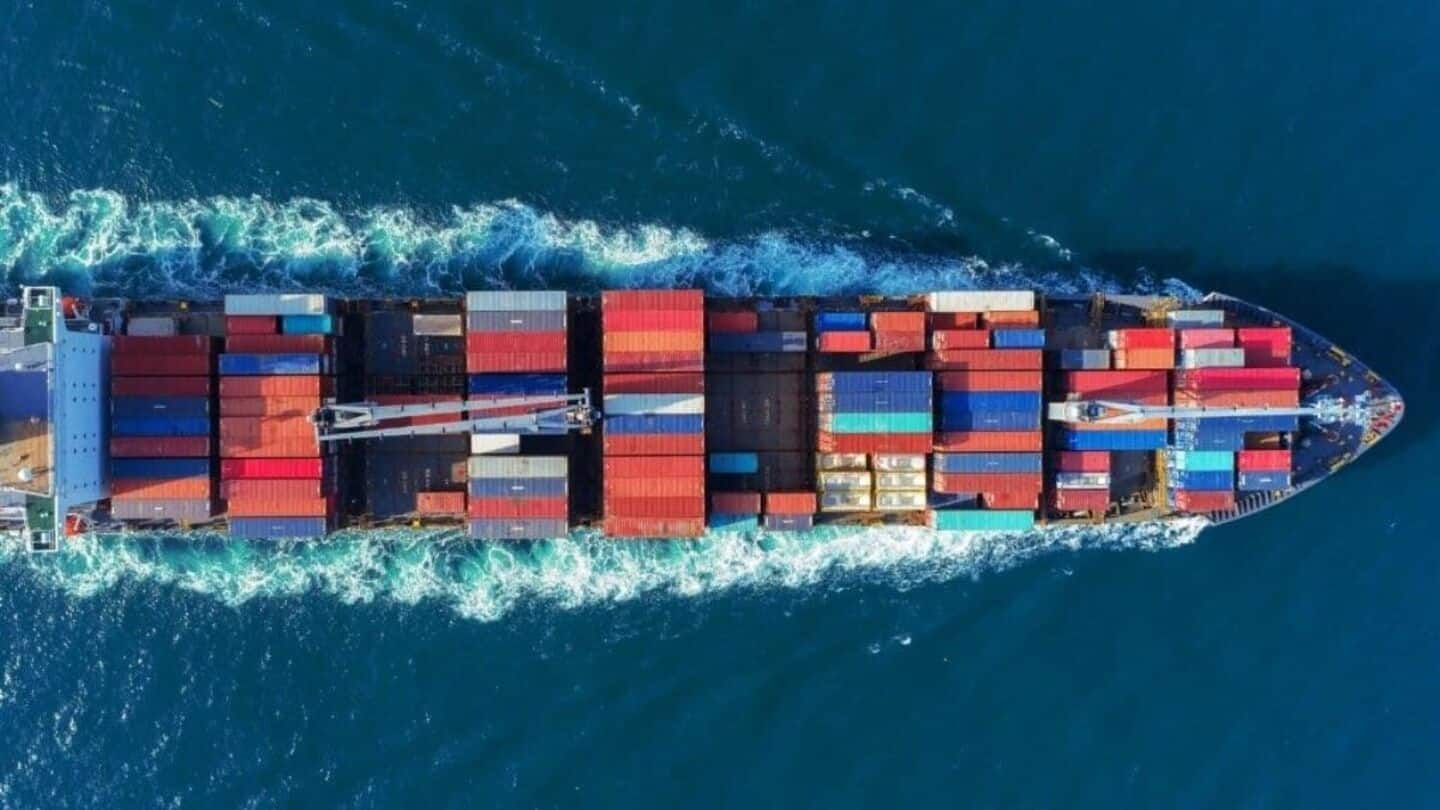
How a global emissions tax will impact the shipping industry
What's the story
The International Maritime Organization (IMO) will hold a crucial meeting in London this week.
The main aim of these discussions is to come up with strategies to reduce the environmental impact of international shipping, which contributes around 3% to global carbon emissions.
Among the proposed steps are a universal marine fuel standard and an economic element like a carbon levy or carbon credit scheme.
Tax discussions
Potential for a groundbreaking carbon tax
Sara Edmonson, chief of global advocacy at Australian mining giant Fortescue, has called these discussions "absolutely historic." She noted the possibility for a landmark carbon levy.
Edmonson said, "No other industry on a global level has made a commitment of this size and I would argue most countries haven't made a commitment of this size."
However, she noted "the jury is still very much out" on a global carbon price.
Opposition
Diverse perspectives on global emissions tax
The concept of an international greenhouse gas emissions charge on the shipping industry has received backing from Pacific Island states like Fiji, the Marshall Islands, and Vanuatu.
They view this as an opportunity for swifter action than what is being witnessed under the United Nations Framework Convention on Climate Change (UNFCCC).
However, nations like Brazil, China, and Saudi Arabia have raised concerns over economic competitiveness and heightened inequalities due to a carbon levy.
Plan
IMO's commitment to reduce emissions
In 2023, delegates at the IMO agreed to target net-zero sector emissions "by or around" 2050.
They also had a provision to finalize a bevy of carbon reduction measures by this year.
John Maggs, an accredited representative of the Clean Shipping Coalition to the IMO, expressed confidence about reaching an agreement and emphasized that "it's just how ambitious it is, how effective it is and how many unhappy people there are."
Challenges
Decarbonizing the international shipping sector
The global shipping sector, which transports about 90% of international trade, is one of the toughest industries to decarbonize, given its heavy reliance on fossil fuels.
Angie Farrag-Thibault, Vice President of Global Transport at Environmental Defense Fund, claimed that an ambitious global fuel standard and a "decisive" economic measure are necessary to significantly reduce shipping pollution.
These should incentivize ship owners to reduce fossil fuel use and switch to zero and near-zero emission fuels and technologies.